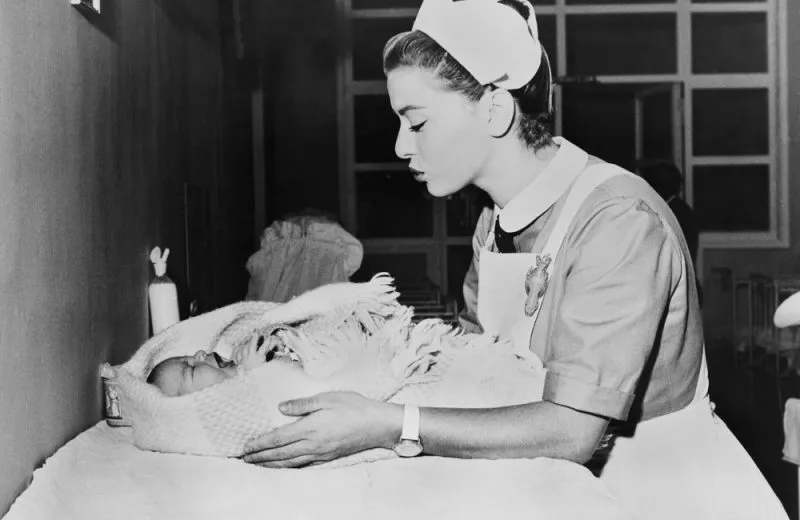It’s hard to make a list that includes only six great nurses, even if you skip Florence Nightingale, which is what we have done. Florence Nightingale is an amazing figure in nursing history, but everyone already knows about Florence Nightingale.
Nurses as Heroes
Here we want to look at some lesser-known nurses who had a significant impact on patients and their profession. Few careers produce as many heroes as nurses. If you are considering earning your RN to BSN, you will join the ranks of a profession that has included some amazing people. Here are six of them.
Dorothea Dix
If you have ever wondered how people who suffered from mental illness received compassionate care in the United States, look no further than Dorothea Dix. Appalled by the conditions for the mentally ill at a jail she visited in 1842, and after finding similar conditions in other areas, she convinced state lawmakers in Massachusetts to create better care for those suffering from mental illness. She didn’t stop there, either, taking the same approach to many different states, including North Carolina, Louisiana, New Hampshire and eventually the United States Congress. For the mentally ill, Dorothea Dix was one of the most important nurses in history.
Clara Barton
Clara Barton founded the American Red Cross, with the first meeting held in 1881. She already had worked as a patent clerk, a teacher and then a nurse during the American Civil War. Much like Dix, she saw a need and addressed it. The organization promised to bring supplies and aid to those in war and victims of natural disasters. The organization is still doing that today.
Susie King Taylor
The daughter of slaves, Taylor became the first black Union Army nurse during the Civil War. Freed when she was young, she had lived with relatives in Savannah, Georgia until put into service to teach reading and writing to freed slaves for the Union Army. She later became a nurse and wrote about her experiences in a 1902 book, “Reminiscences of My Life in Camp.”
Hazel W. Johnson-Brown
Johnson-Brown became the first black woman named as a general in the United States Army and the first black leader of the United States Army Nurse Corps, both in 1979. Joining the Army in 1955, she had started as a staff nurse for the military in Japan and Korea. She served until 1983.
Virginia Avenel Henderson
Known as the first lady of nursing, Henderson developed many of the theories about nursing and nursing education that became widespread practice during her lifetime in the 20th century (she lived from 1897 to 1996). Part of her work was defining the role of nurses, including the concept of aiding both the sick and well to lead them to healthier lives. As one of the most important nurses in history, not only did she help the nursing field in her time, but ideas she developed are still in practice today.
Virginia Lynch
Lynch is regarded as the founder of forensic nursing. She focused on the field after meeting so many victims of rape who were told by police that the attacker would likely never be caught because of a lack of evidence. She pioneered methods for evidence collection and management in such cases, leading to women being safer and more rapists and other criminals being caught. Lynch continues to work until this day as a college professor and international consultant on nursing forensics. She is the founder of the International Association of Forensic Nurses.
These are just some of the many nurses who have made a mark on the profession, as there are many nurses who have had a historical impact on patients and the profession. More than most careers, nursing offers a chance to impact people in a significant, life-altering way, just as these six women did.
